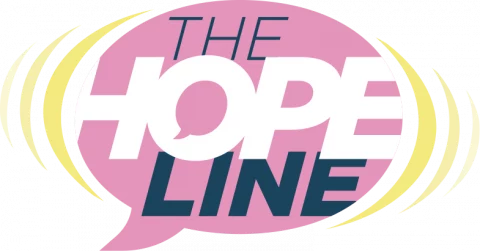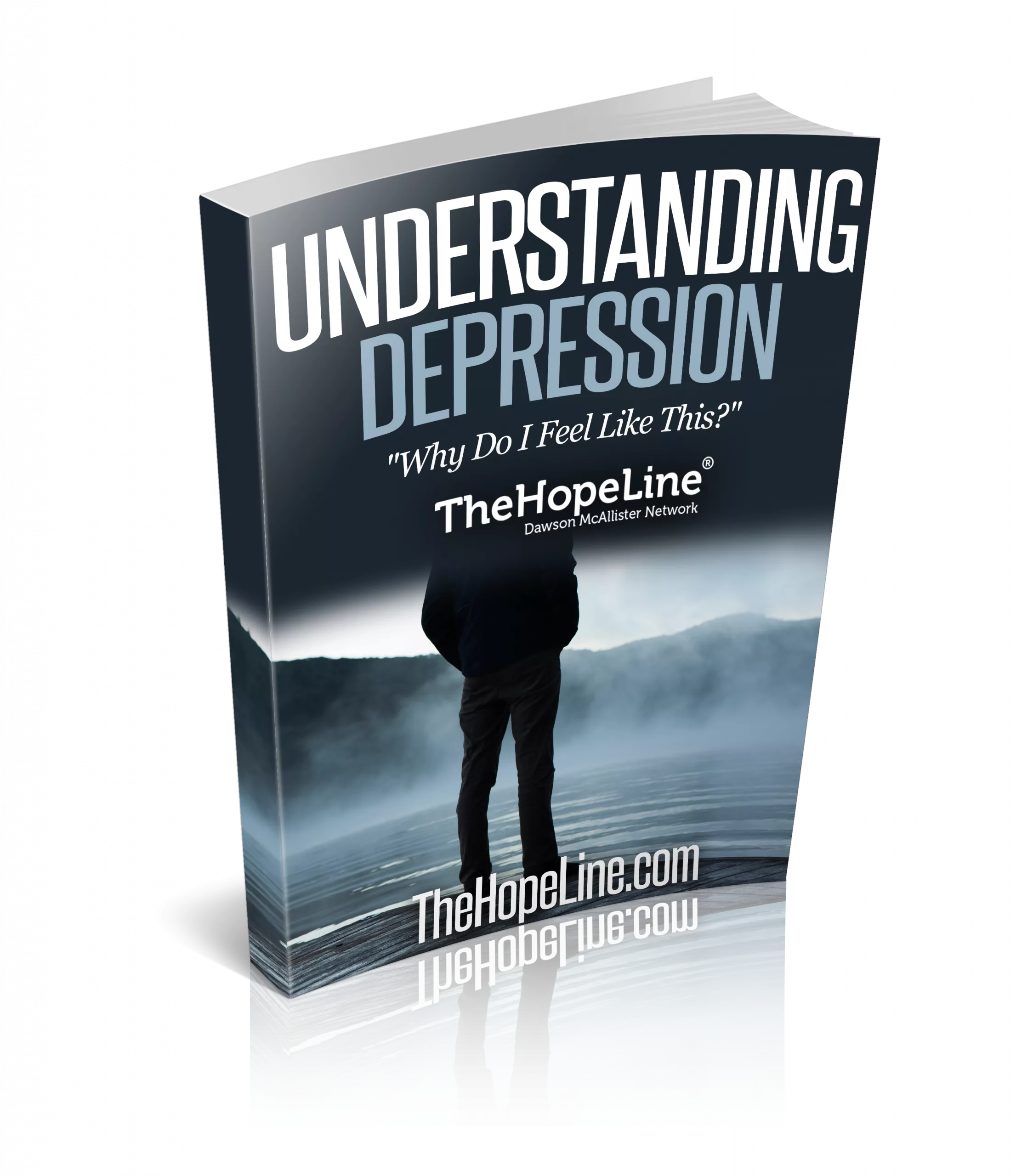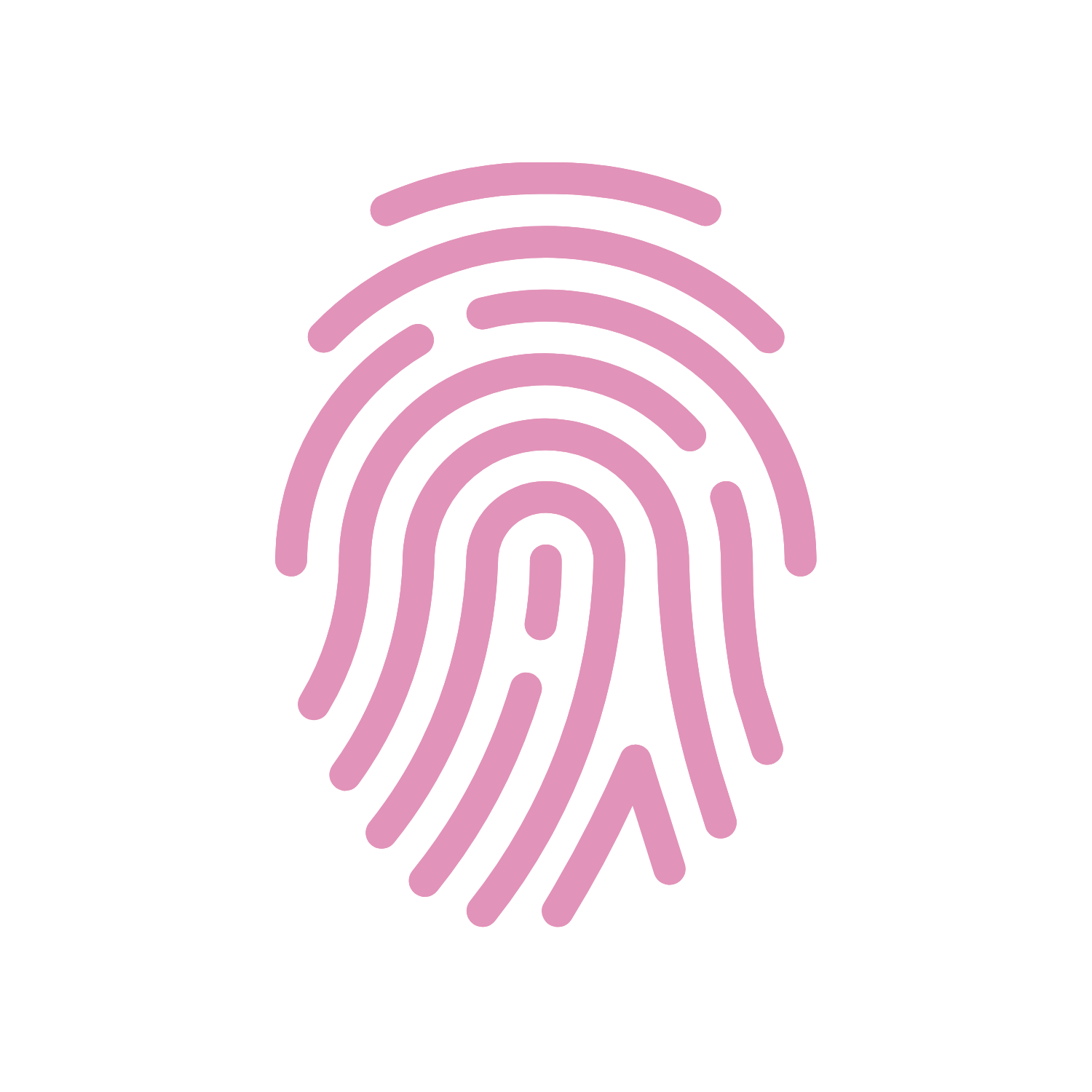The first thing to understand as you unpack experiences with depression is that you have nothing to be ashamed of. You aren’t damaged, broken, or unworthy. Rather than thinking of depression as a set of problems or shortcomings, it helps to see it for what it is: an illness.
If you had the flu, you wouldn’t be expected to “just get over it” or think about happy things to make it go away. You’d go to the doctor, take medication, and likely get a flu shot the following year in an effort to prevent worse or returning symptoms.
In a similar way, your depression symptoms should not be ignored. They can even be managed and treated in such a way that future depressive periods will hopefully be less severe.







 Privacy Policy / Terms of Use
Privacy Policy / Terms of Use